In the nearly four years since he was elected, Pope Francis I has achieved the singular distinction of bringing the Roman Catholic Church within sight of Schism. Even if a formal split is still unlikely, the de facto division widens every day his papacy continues. Like Martin Luther, who turned northern Europe into a battleground of Protestants versus Catholics – and whom the Pope, in his uniquely perverse way, made such a point of admiring recently – Francis is causing a rift between those who support him and those who put up with him, for now.
Already a subscriber? Log in
Subscribe for just $2 a week
Try a month of The Spectator Australia absolutely free and without commitment. Not only that but – if you choose to continue – you’ll pay just $2 a week for your first year.
- Unlimited access to spectator.com.au and app
- The weekly edition on the Spectator Australia app
- Spectator podcasts and newsletters
- Full access to spectator.co.uk
Or

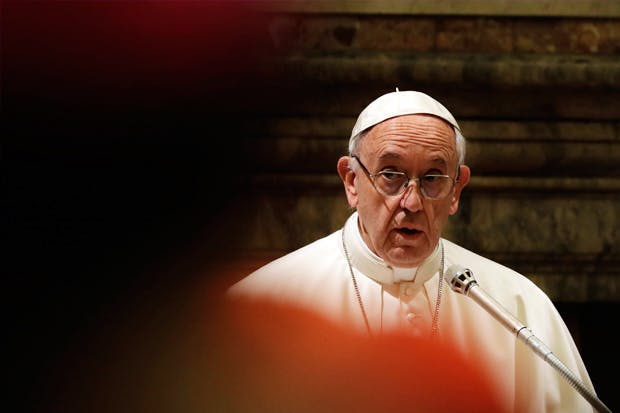
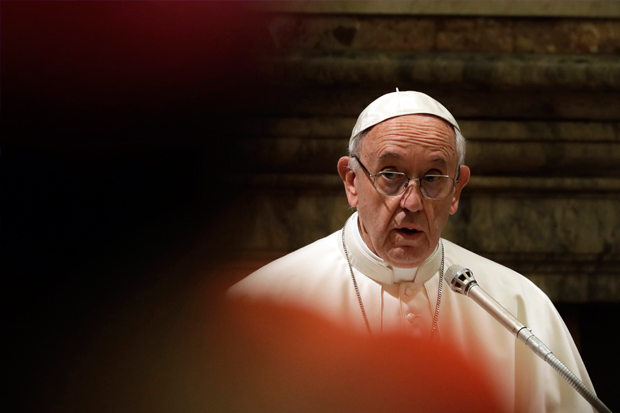


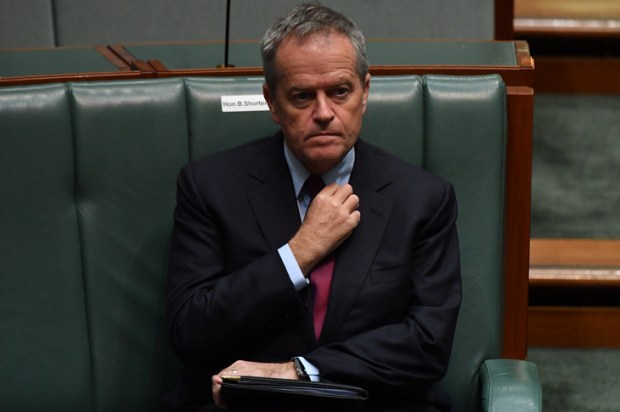
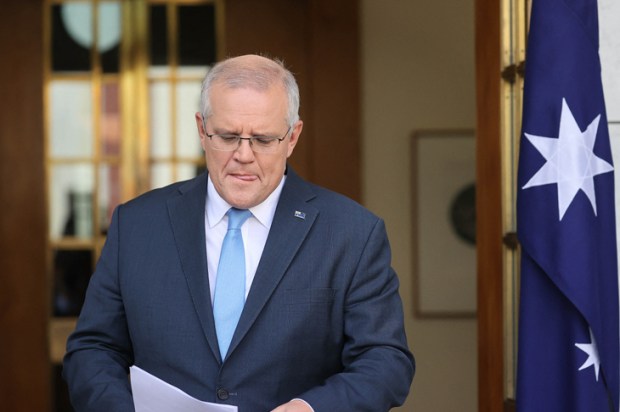
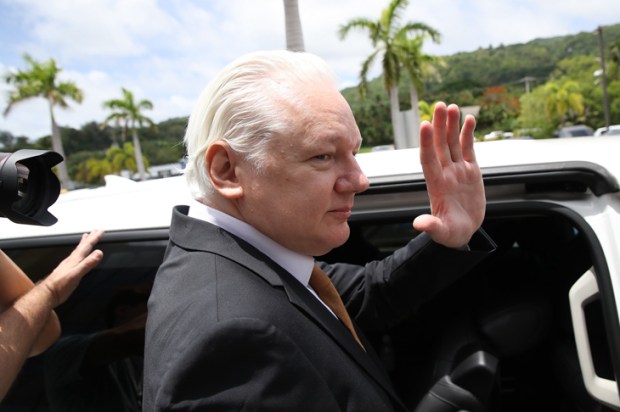






Comments
Don't miss out
Join the conversation with other Spectator Australia readers. Subscribe to leave a comment.
SUBSCRIBEAlready a subscriber? Log in